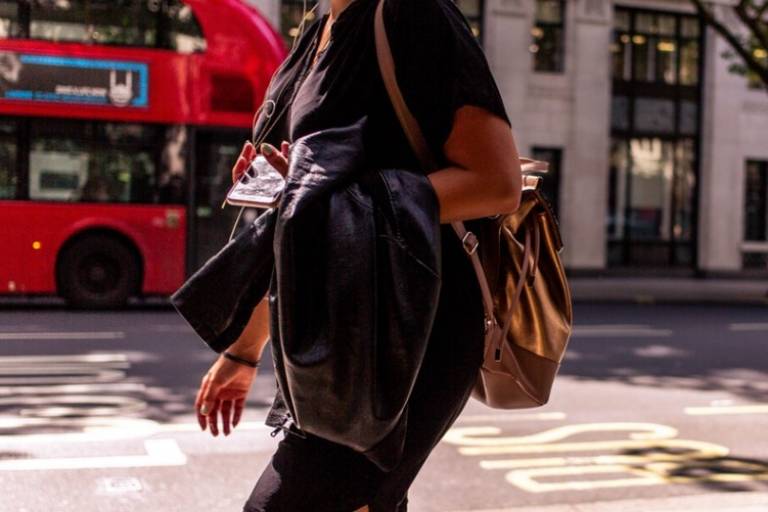Active travel evidence published
30 November 2018
Evidence from ICLS research on active travel published as part of a House of Commons Transport Committee inquiry.

Evidence from ICLS research on active travel has been published as part of a House of Commons Transport Committee inquiry. The submission brings together 12 published pieces of research looking at:
1. The use of public transport and the free bus pass amongst older people, and associations with physical activity, adiposity and walking speed
2. The use of active and public transport for commuting, and associations with adiposity, diabetes, hypertension and physical activity
Findings from the research show links between:
- Free bus travel and increased use of public transport among older people, greater more active travel and healthier ageing
- Free bus travel and higher levels of active travel in minority ethnic groups
- Public transport use, walking or cycling to work and lower likelihood of being and becoming overweight or obese
- Walking or cycling to work and lower likelihood of having diabetes
- Walking to work and lower likelihood of having hypertension
- Active commuting and living in London
- Travelling by public transport and 20 mins of physical activity per day
Commenting on the submission, former ICLS researcher Dr Elizabeth Webb, now based at Age UK, said:
"This body of research indicates a need to protect and improve funding, to prevent the closure of bus routes and improve public transport across the UK so that people living in all areas can enjoy high quality public transport. Many journeys are too long to be done by walking or cycling alone, so public transport needs to become a realistic choice for people across the country, not just in our major cities. When people are able to choose public transport for their everyday journeys it has the capacity to maintain and improve the health of working age and older adults alike."
The research also indicates a need to:
- Focus more closely on active and public transport as an area for effective intervention in a range of public health matters especially around obesity, diabetes and heart disease
- Better promote the considerable physical and mental health benefits of public and active transport
- Continue to support and actively promote the take up and use of the free bus pass as a means of keeping active and ageing healthily, reducing ethnic and socioeconomic inequalities and saving the NHS money
- Remove financial barriers to active transport to promote better health in the population, and particularly among minority ethnic groups who have low levels of leisure-based physical activity
- Take seriously the evidence of the wider population health benefits of public transport and active travel
- Make sure that health considerations are integrated with transport policies locally and nationally
- Take an 'active by design' approach to town planning
- Encourage people where possible to change from car commuting to public or active transport to help them lose weight and reduce the strain on the NHS
- Create and promote clear public health messages about the amount of incidental physical activity we do when we use public transport, and how this can be a time effective way to incorporate physical activity into daily life to the benefit of one's health
 Close
Close

